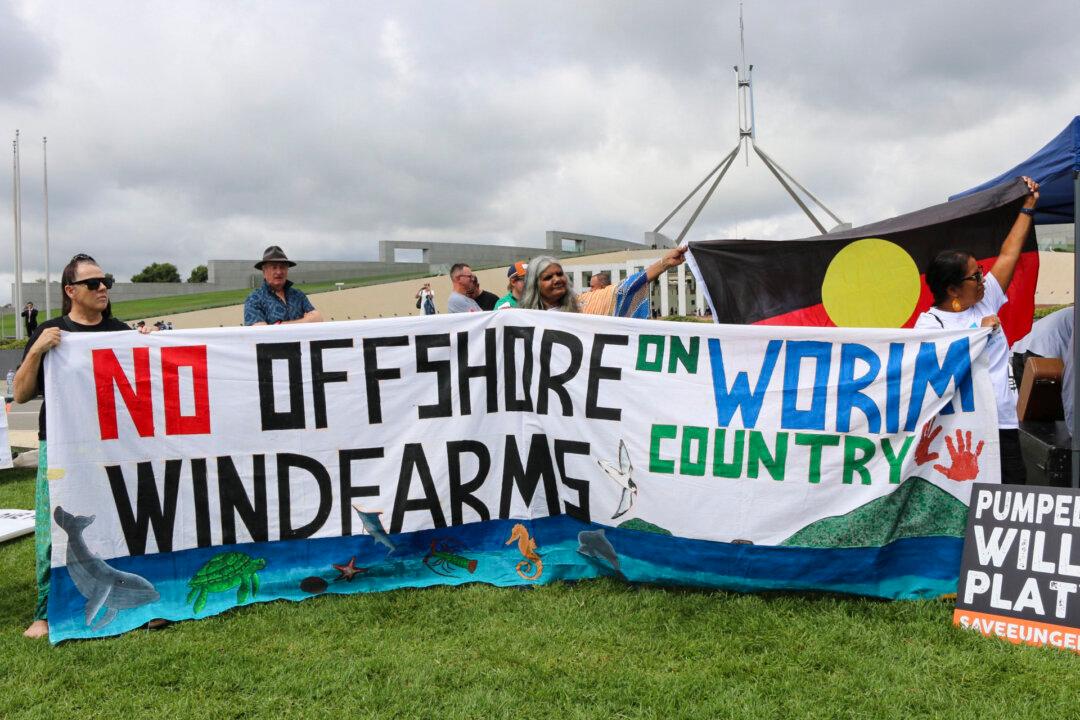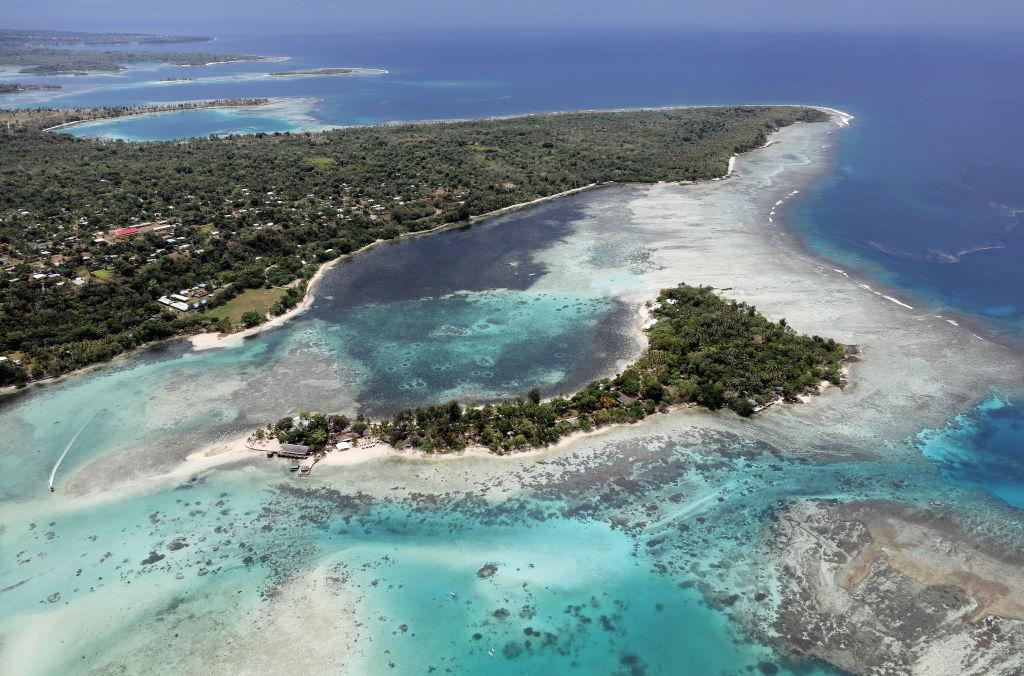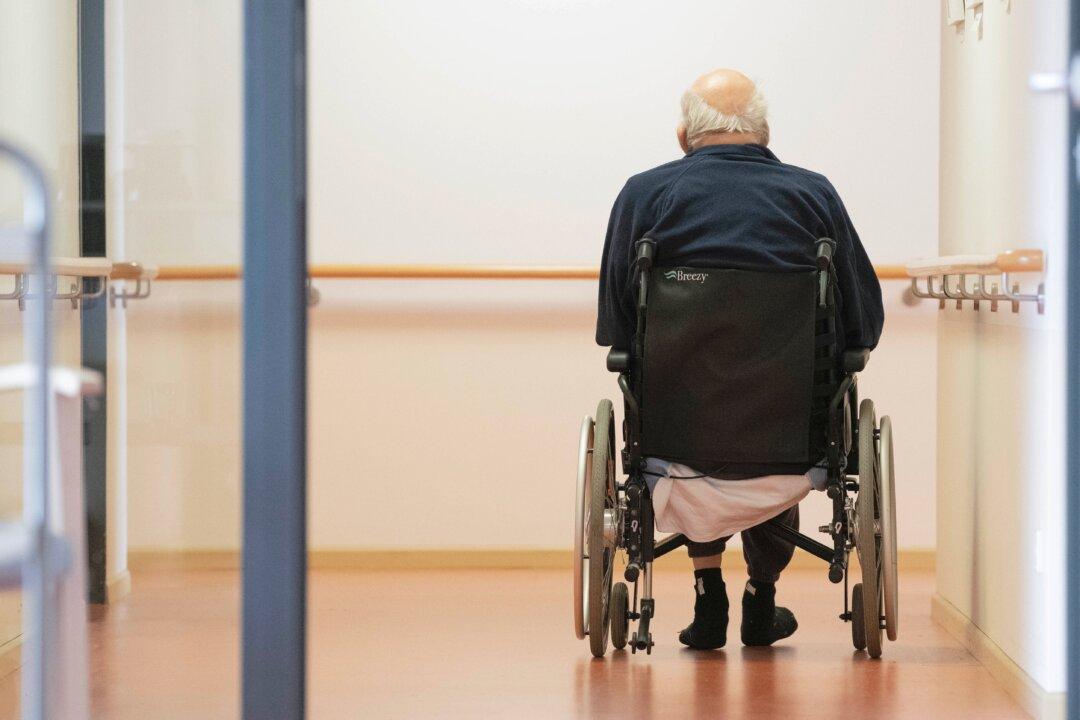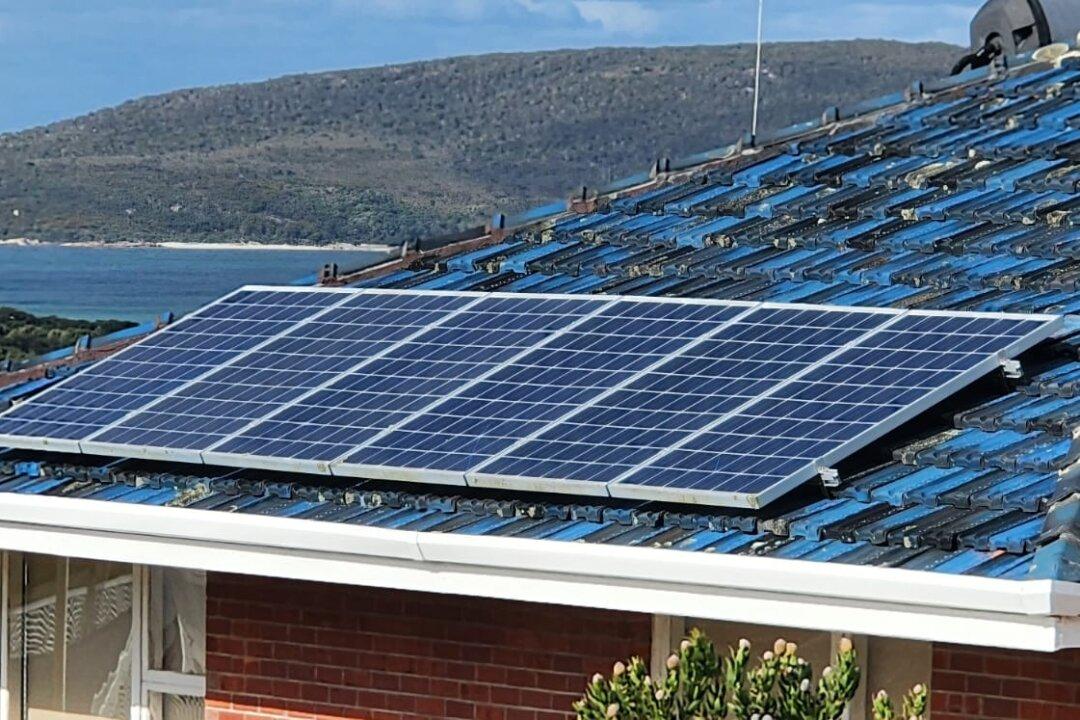In a bid to develop the next generation of mRNA vaccines and medicines, the Victorian Labor government is funding grants for eligible research teams and biotech startups.
The state government says the grants will support research teams to develop new RNA and mRNA-based therapeutics.




